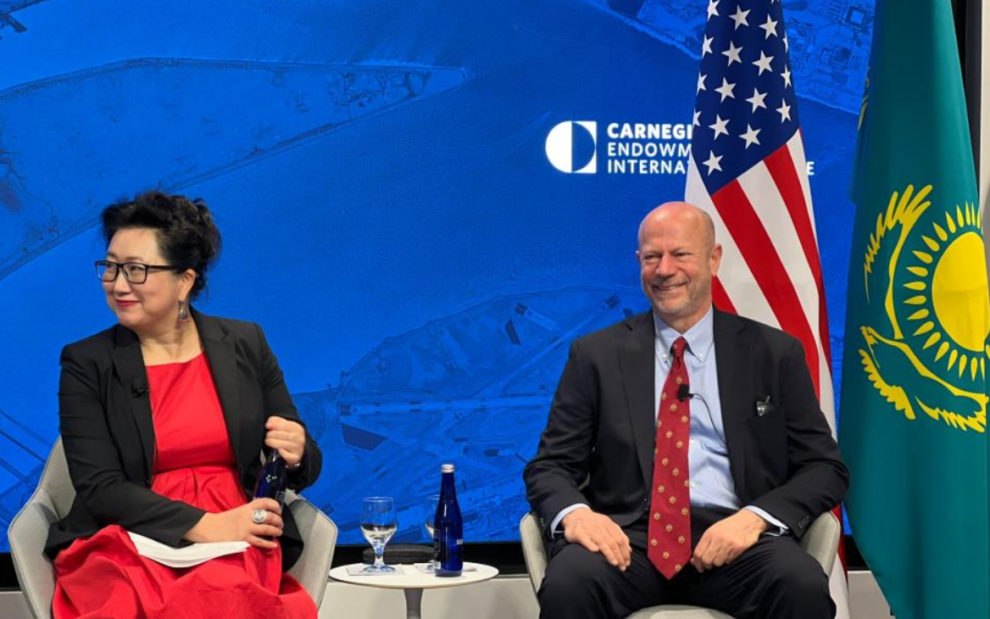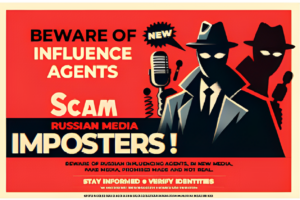The 30th anniversary of “Project Sapphire” was commemorated in Washington, DC, with a panel discussion organized by the Carnegie Endowment for International Peace and the Council on Strategic Risks (CSR). The event highlighted the historic U.S.-Kazakh collaboration to reduce nuclear threats.
Kazakhstan’s Ambassador to the U.S., Yerzhan Ashikbayev, CSR senior fellow Andrew Weber, and Carnegie Endowment fellow Togzhan Kassenova participated in the discussion, moderated by Pulitzer Prize-winning journalist David Hoffman. The panel reflected on the removal of 600 kilograms of highly enriched uranium from Kazakhstan in 1994, a milestone in global security and nonproliferation.
Ambassador Ashikbayev underscored Kazakhstan’s strong commitment to nuclear disarmament and international security. He praised Project Sapphire as a testament to what nations can achieve through trust and shared goals. He also highlighted Kazakhstan’s initiatives in biological security, including President Tokayev’s proposal to establish an International Agency for Biological Safety.
Andrew Weber commended Kazakhstan’s decision to relinquish nuclear weapons, calling it a pivotal step for the country’s safety and stability. He emphasized how Kazakhstan’s approach serves as a model for other nations, demonstrating the benefits of prioritizing peace and cooperation.
Togzhan Kassenova highlighted the importance of strengthening the global nonproliferation regime. She praised Project Sapphire as a historic example of trust and leadership in addressing global challenges. The panel concluded with a Q&A session, encouraging discussions on future cooperation in tackling nuclear and other weapons of mass destruction threats.










